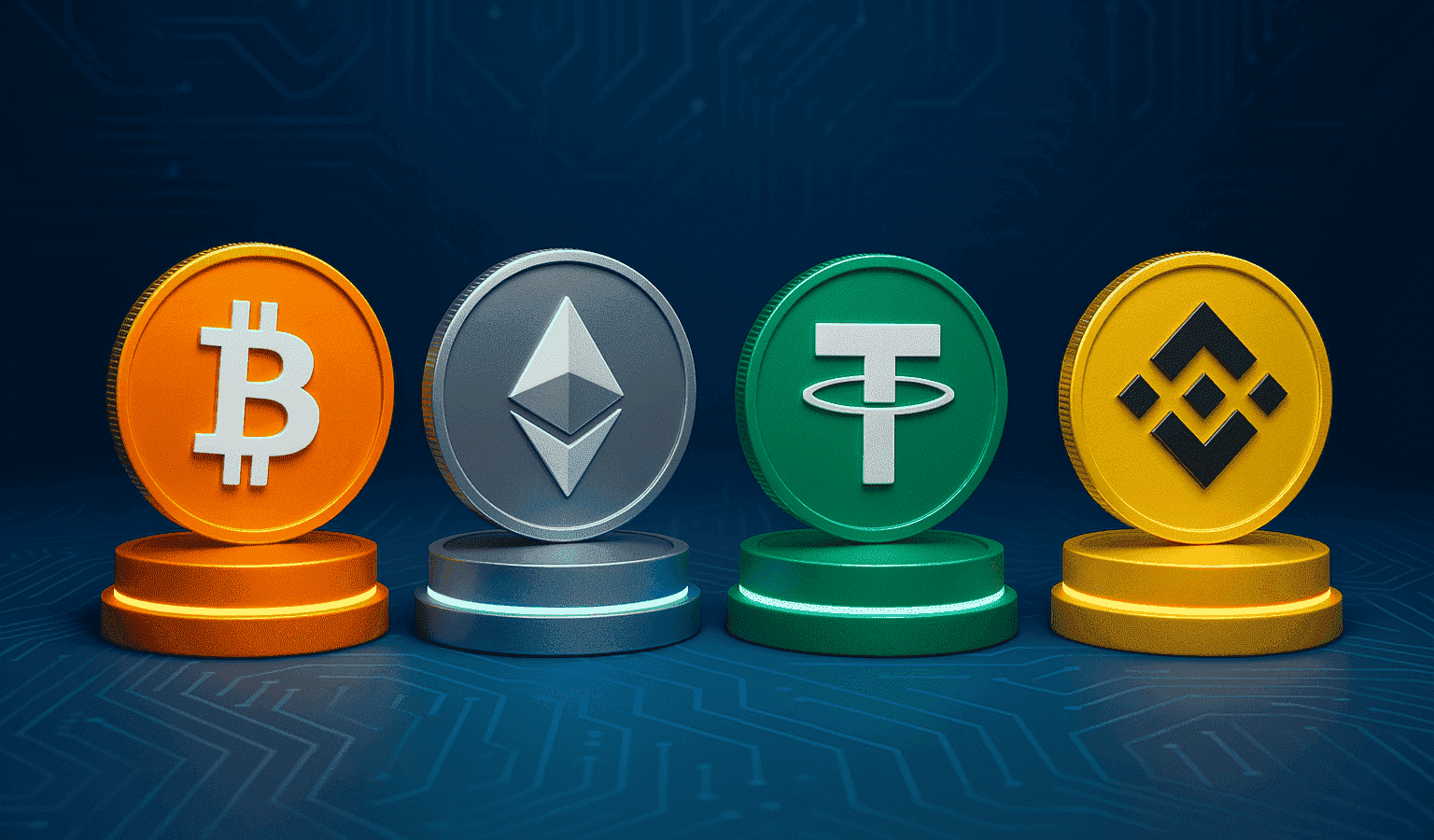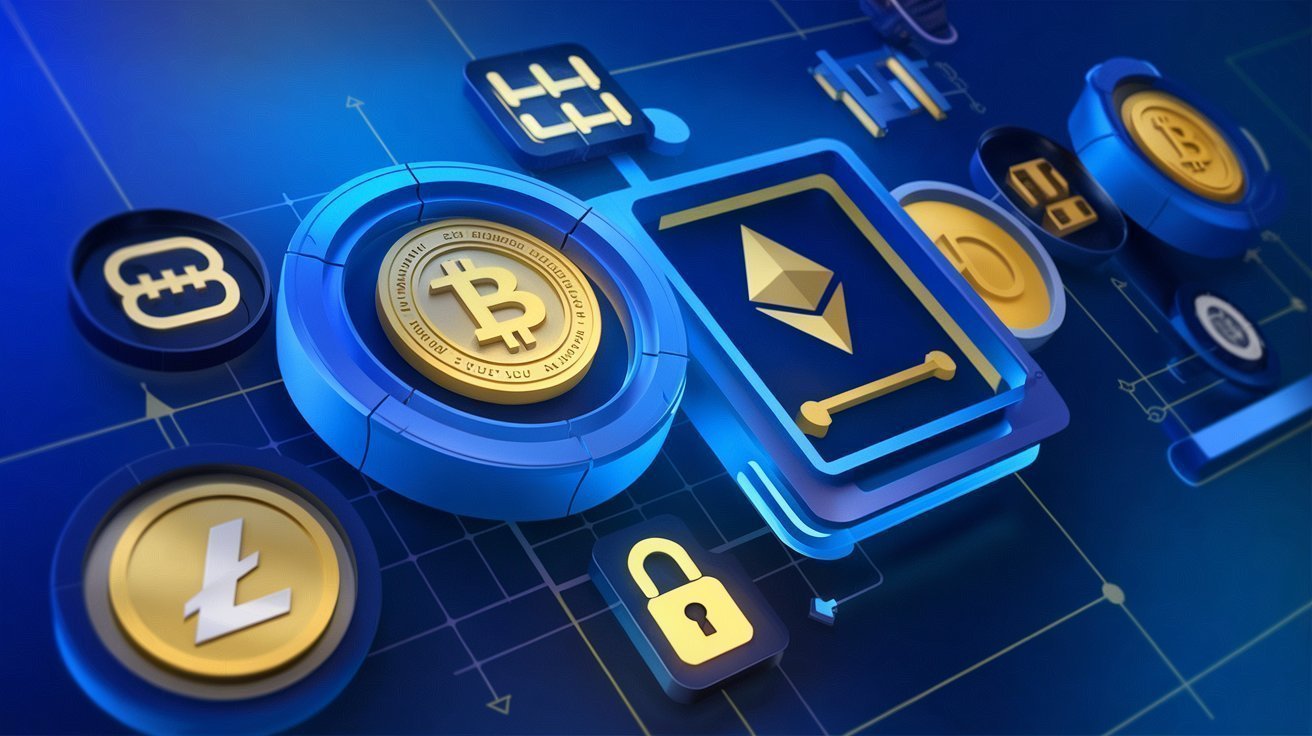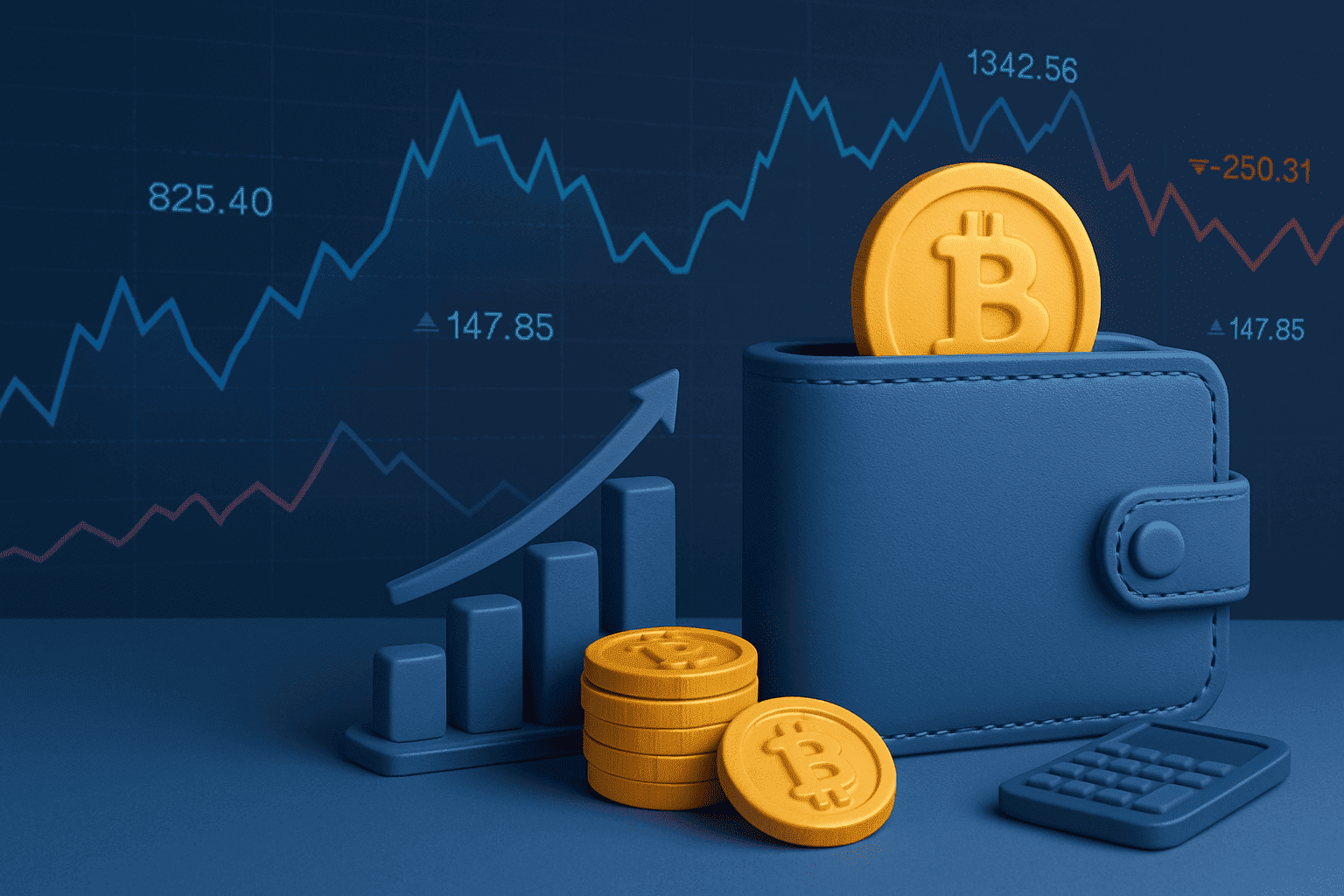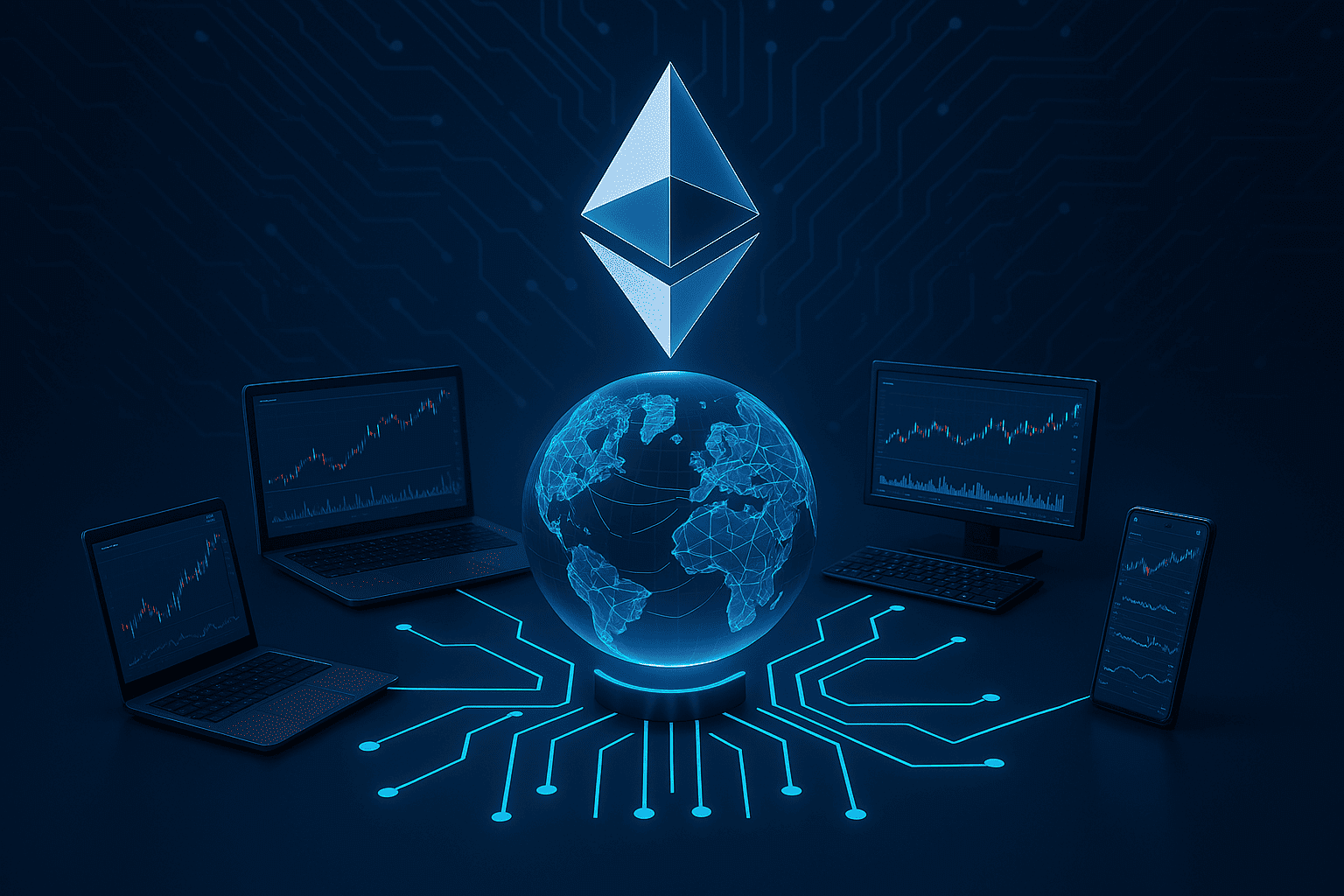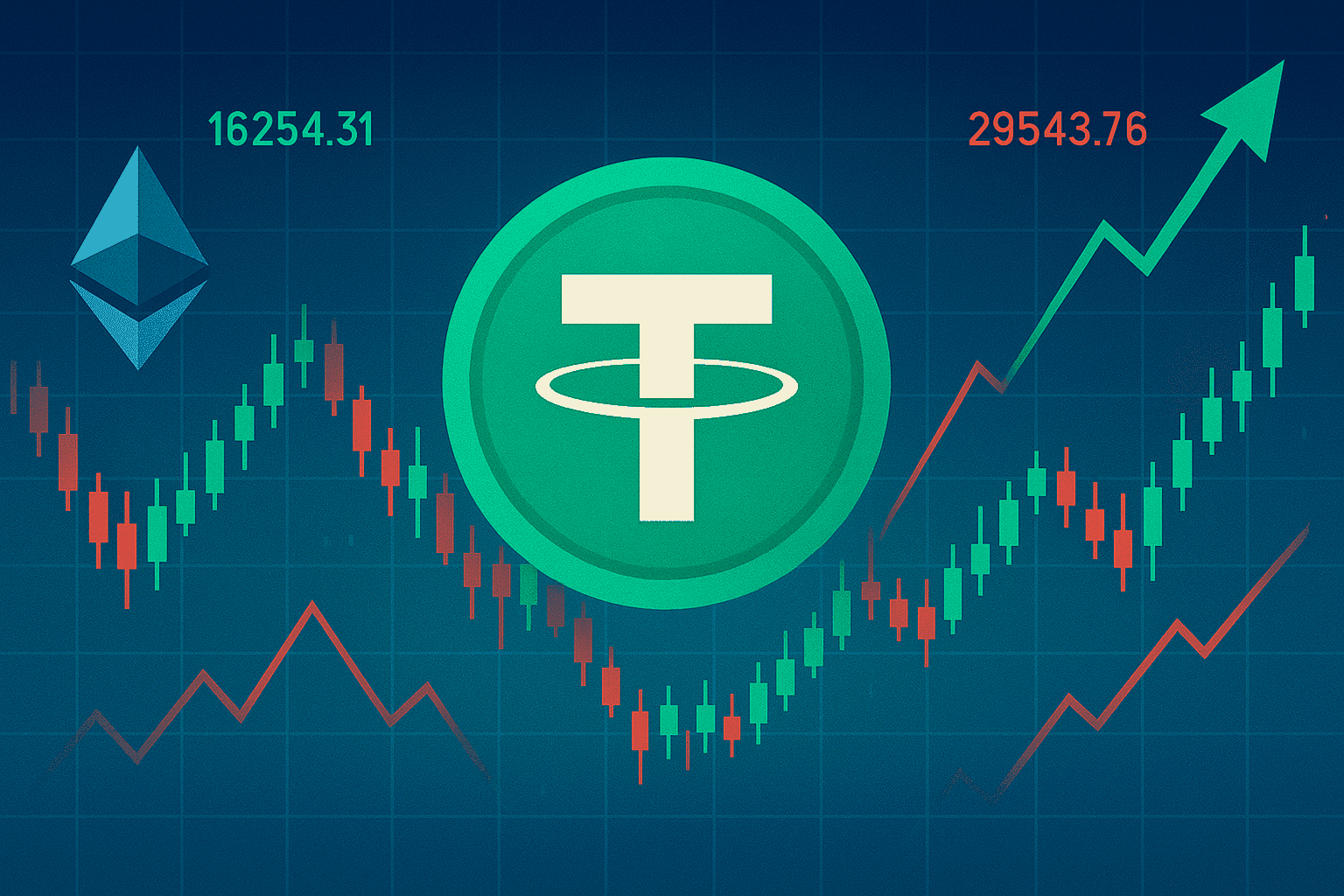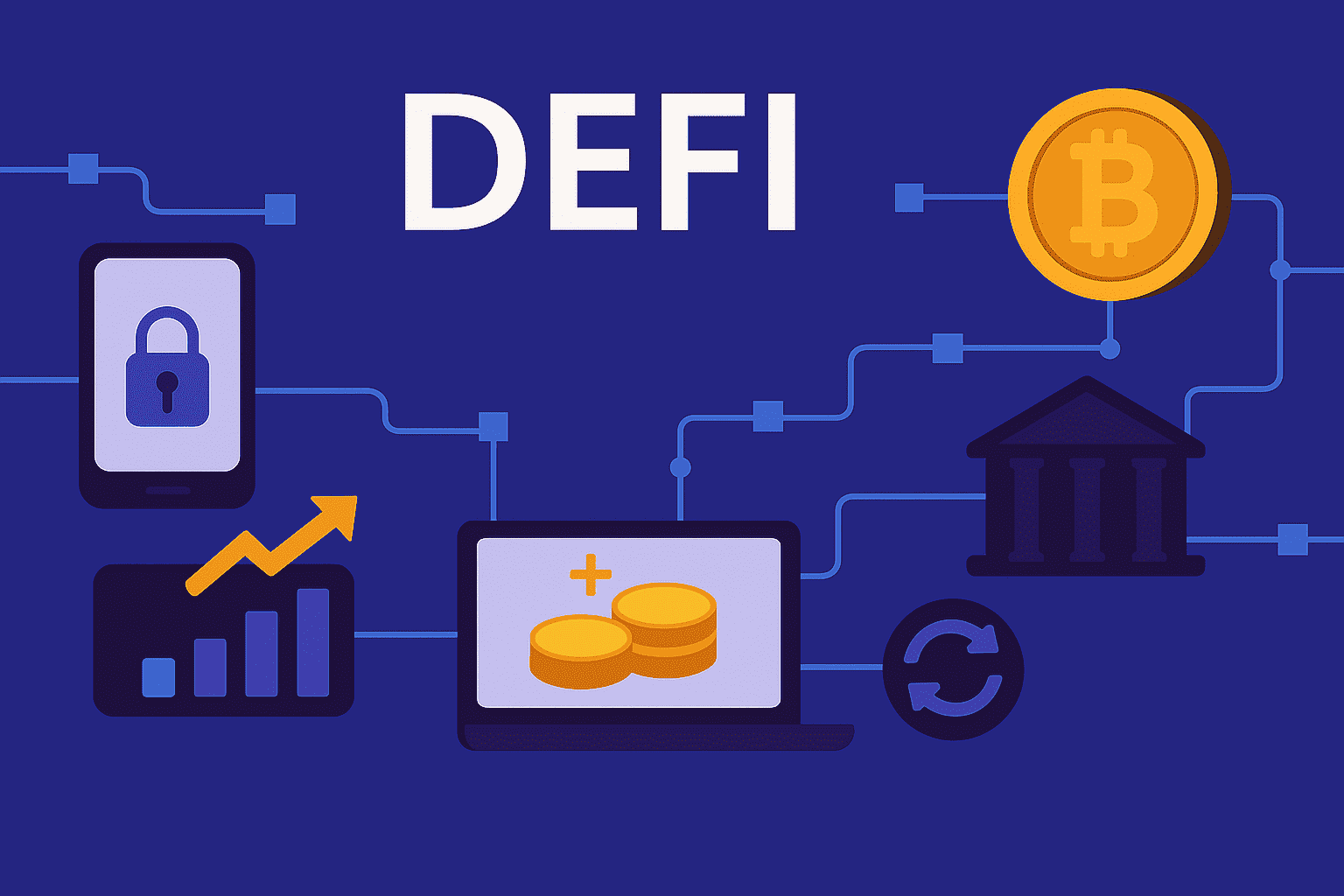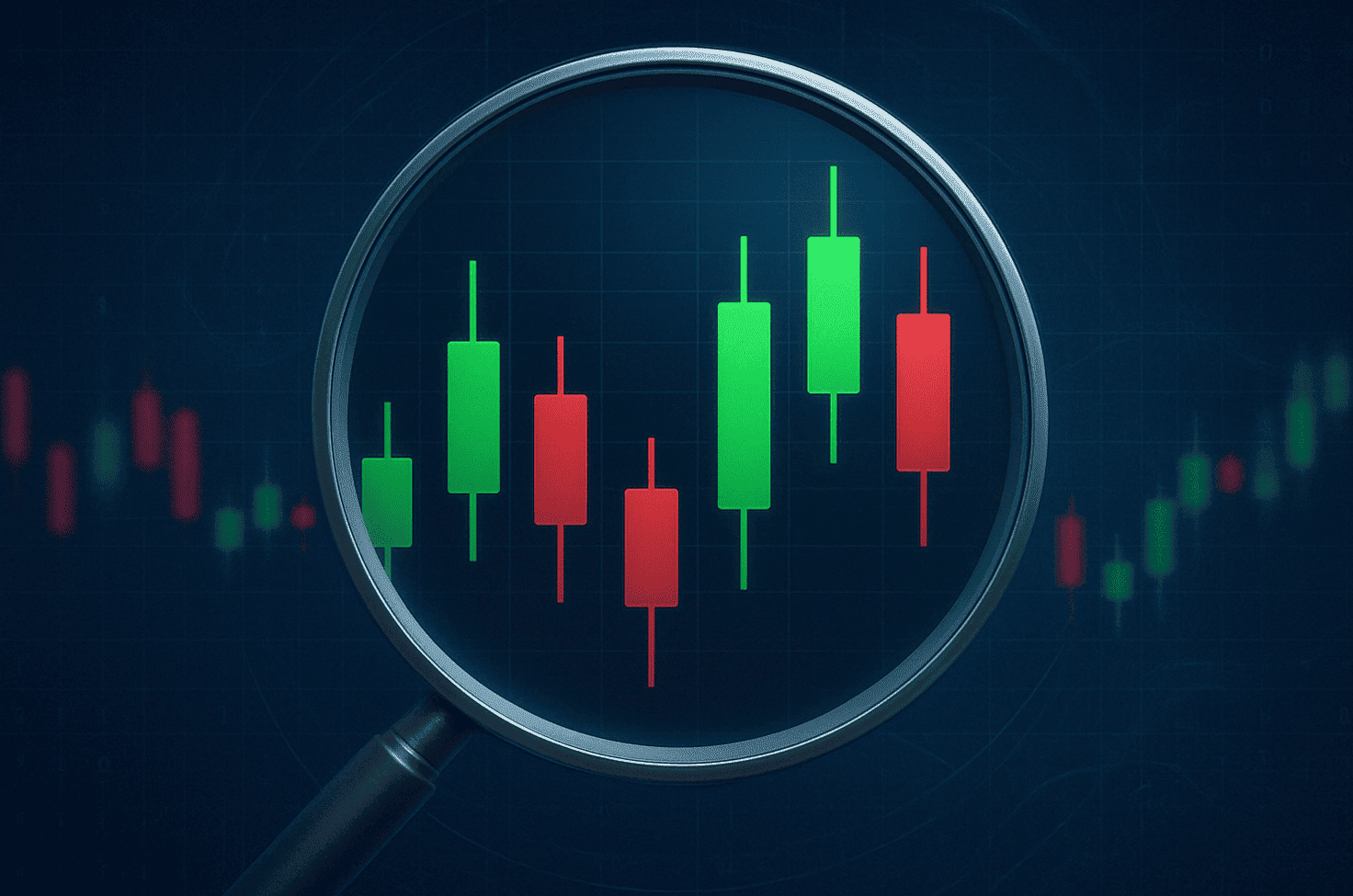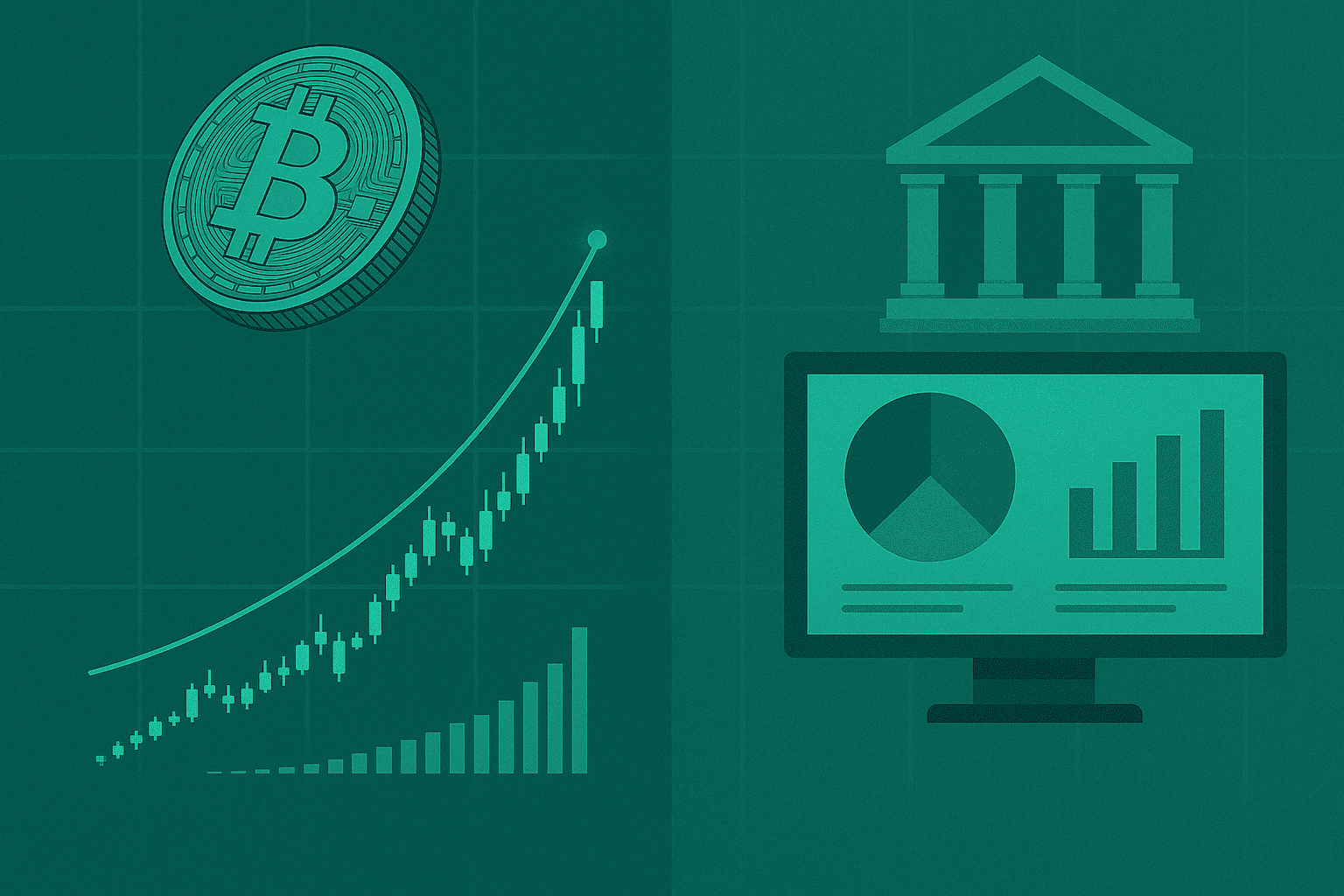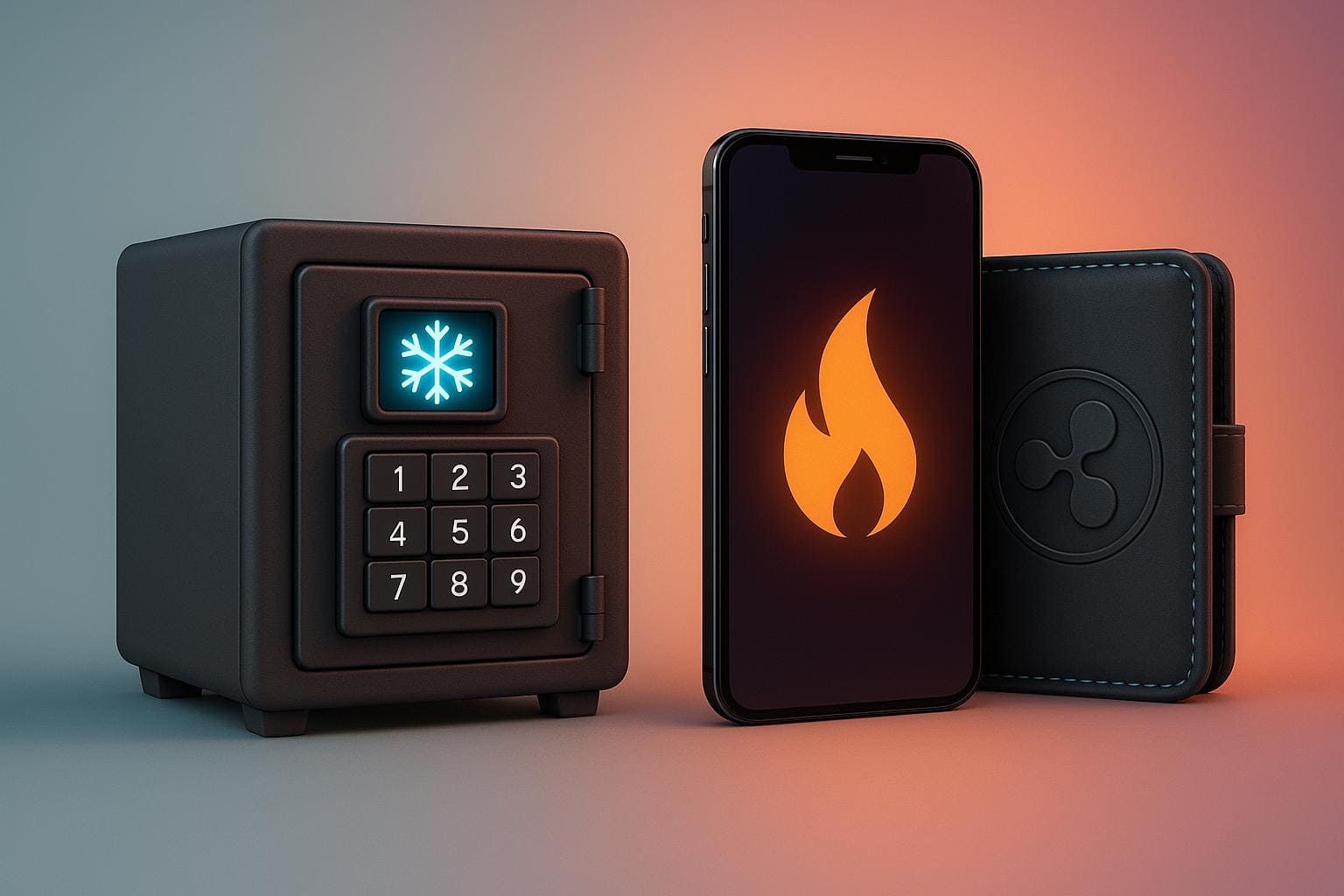Cryptocurrencies have disrupted the modern financial system by allowing fast, convenient value transfer without intermediaries. Currently, there are thousands of coins and tokens – from Bitcoin, which started the crypto era, to altcoins with unique functionalities, and stablecoins that combine blockchain benefits with fiat-like stability. To understand how to choose an exchanger for these assets, it’s crucial to explore Bitcoin, Ethereum, Altcoins, and Stablecoins.
Below, we’ll examine where to buy Bitcoin profitably, what to consider when exchanging fiat to crypto, and how reliable crypto exchangers with a low exchange fee operate. We’ll also look at top crypto exchangers and highlight why finding the best crypto exchanger is key to effective trading and secure storage.
Introduction to Crypto
A cryptocurrency is a digital asset that uses blockchain for transparent, decentralized transactions. Bitcoin (BTC) was the first, often called “digital gold” due to its limited supply (21 million). Over time, altcoins emerged with varied approaches to speed, scalability, and utility. Stablecoins (like USDT) aim to reduce volatility by pegging their value to fiat currencies or other assets.
Bitcoin: The Pioneer
Bitcoin remains the most recognized and liquid crypto. If you’re seeking where to buy Bitcoin profitably, look for reliable crypto exchangers offering fiat-to-crypto exchange at reasonable fees. Bitcoin’s decentralization and strong brand make it appealing for investors, but it’s also subject to volatility and network congestion.
Ethereum and Smart Contracts
Launched after Bitcoin, Ethereum (ETH) quickly climbed to the second largest by market cap. Its defining feature is smart contracts, enabling decentralized apps (DApps) and token creation. Many USDT exchangers handle ETH due to Ethereum’s role in DeFi, NFTs, and other innovative fields. Keep in mind that during high usage, gas fees can spike.
Altcoins: Diversity and Potential
Any coin other than Bitcoin is typically called an altcoin. Some focus on speed (Litecoin), banking solutions (Ripple), or improved scalability (Polkadot, Solana). These projects can offer significant upside, though they carry higher risk. Ensure your best crypto exchanger supports the altcoin you want; sometimes you’ll first buy BTC or a stablecoin before swapping to the altcoin.
Stablecoins: Reducing Volatility
For newcomers wary of crypto’s price swings, stablecoins tie their value to fiat (USD, EUR) or commodities (like gold). The best-known example is USDT (Tether). Stablecoins help traders avoid leaving the crypto market entirely, enabling a hedge against volatility. This explains the popularity of USDT exchangers.
Fiat-to-Crypto: The Basic Steps
When exchanging fiat to crypto, you’ll usually follow a simple process:
- Sign up & verify: Most reliable crypto exchangers require KYC.
- Deposit fiat: Bank cards, transfers, or payment systems are common methods.
- Select your asset: BTC, ETH, stablecoins, altcoins — choose based on your needs, e.g., where to buy Bitcoin profitably.
- Consider fees: A low exchange fee is crucial, especially for large or frequent trades.
- Wallet storage: To reduce risks, store significant holdings in your personal wallet.
Categories of Crypto: Sample Table
Here’s a quick table summarizing the main types:
| Type | Example | Pros | Cons |
|---|---|---|---|
| Bitcoin | BTC | High liquidity | |
| Limited supply | Volatile | ||
| Relatively slow | |||
| Ethereum | ETH | Smart contracts | |
| Vast ecosystem | Rising gas fees | ||
| Complex for beginners | |||
| Altcoins | LTC, XRP, SOL, etc. | Innovative | |
| Potential growth | High risk | ||
| Project uncertainty | |||
| Stablecoins | USDT, USDC, BUSD | Stable price | |
| Convenient hedging | Reliance on reserves | ||
| Regulatory scrutiny |
Choosing an Exchanger
Common question: “How do I pick the best crypto exchanger?” Key factors:
- Reputation: Reliable crypto exchangers have minimal complaints and solid support.
- Coin list: If you need stablecoins, check USDT exchangers; for altcoins, confirm availability.
- Fees: A low exchange fee matters for frequent or large trades.
- Payment methods: Bank cards, SWIFT/SEPA, e-wallets, etc.
- Security: 2FA, SSL, cold storage are signs of a reputable platform.
Examples of Top Exchanges
Below are a few top crypto exchangers often mentioned in the community:
| Platform | Coins | Avg Fee | Features |
|---|---|---|---|
| Binance | BTC, ETH, BNB, various altcoins & stablecoins | ~0.1% | Highest liquidity, BNB fee discounts |
| Kraken | BTC, ETH, SOL, USDT, etc. | ~0.16% | Trusted reputation, futures, staking options |
| EXMO | BTC, ETH, LTC, USDT, etc. | ~0.2% | User-friendly fiat gateways, straightforward interface |
| WhiteBIT | BTC, ETH, USDT, TON, altcoins | ~0.1–0.15% | Fiat support, convenient platform design |
Building a Crypto Portfolio
Many investors spread funds across multiple categories. For instance:
- 50% Bitcoin – main store of value, widely recognized.
- 20% Ethereum – DeFi, NFT, smart contracts.
- 20% Altcoins – promising projects with growth potential.
- 10% Stablecoins – for quick hedging and market moves.
Pros and Cons of Cryptocurrencies
Here’s a quick highlight:
- Bitcoin – liquidity vs. volatility.
- Ethereum – robust ecosystem vs. rising gas fees.
- Altcoins – innovation vs. higher uncertainty.
- Stablecoins – stable pricing vs. reliance on reserves.
Trends: DeFi, NFT, Layer2
Crypto evolves rapidly, bringing new opportunities:
- DeFi: decentralized lending, saving, exchanging.
- NFT: unique tokens representing ownership of digital or collectible items.
- Layer2: solutions like Arbitrum or Polygon, reducing main-chain congestion.
Conclusion
The crypto world extends far beyond Bitcoin. Ethereum offers smart contracts, altcoins showcase technological creativity, and stablecoins mitigate volatility. Depending on your strategy—long-term investment or active trading—these assets can fit a variety of goals.
To succeed, it’s crucial to know how to choose an exchanger, keep an eye on fees (especially a low exchange fee for big trades), and figure out where to buy Bitcoin profitably or other coins. Always verify a platform’s reliability and store large amounts in personal wallets.
Try it now: explore top crypto exchangers, create an account, and see how simple fiat-to-crypto exchange can be. Check their trading speed, listed coins, and supported payment methods.
FAQ
- Can I buy Bitcoin without verification?
Some exchanges let you purchase small amounts without KYC, but impose low limits. Larger sums typically require identity checks. - How volatile are altcoins?
It varies by project; some show extreme fluctuations, while others stabilize due to real-world utility. Research carefully. - What if my transaction gets stuck?
Check its status on the blockchain and contact the exchanger’s support. Often, the cause is low network fees or heavy congestion. - Should I use a DEX or a CEX?
DEXs offer more privacy and no intermediaries, but can have lower liquidity. CEXs are more user-friendly but require trust in the platform. - How often should I review my portfolio?
It depends on your strategy. Some trade daily, others adjust monthly or less, focusing on long-term goals.










